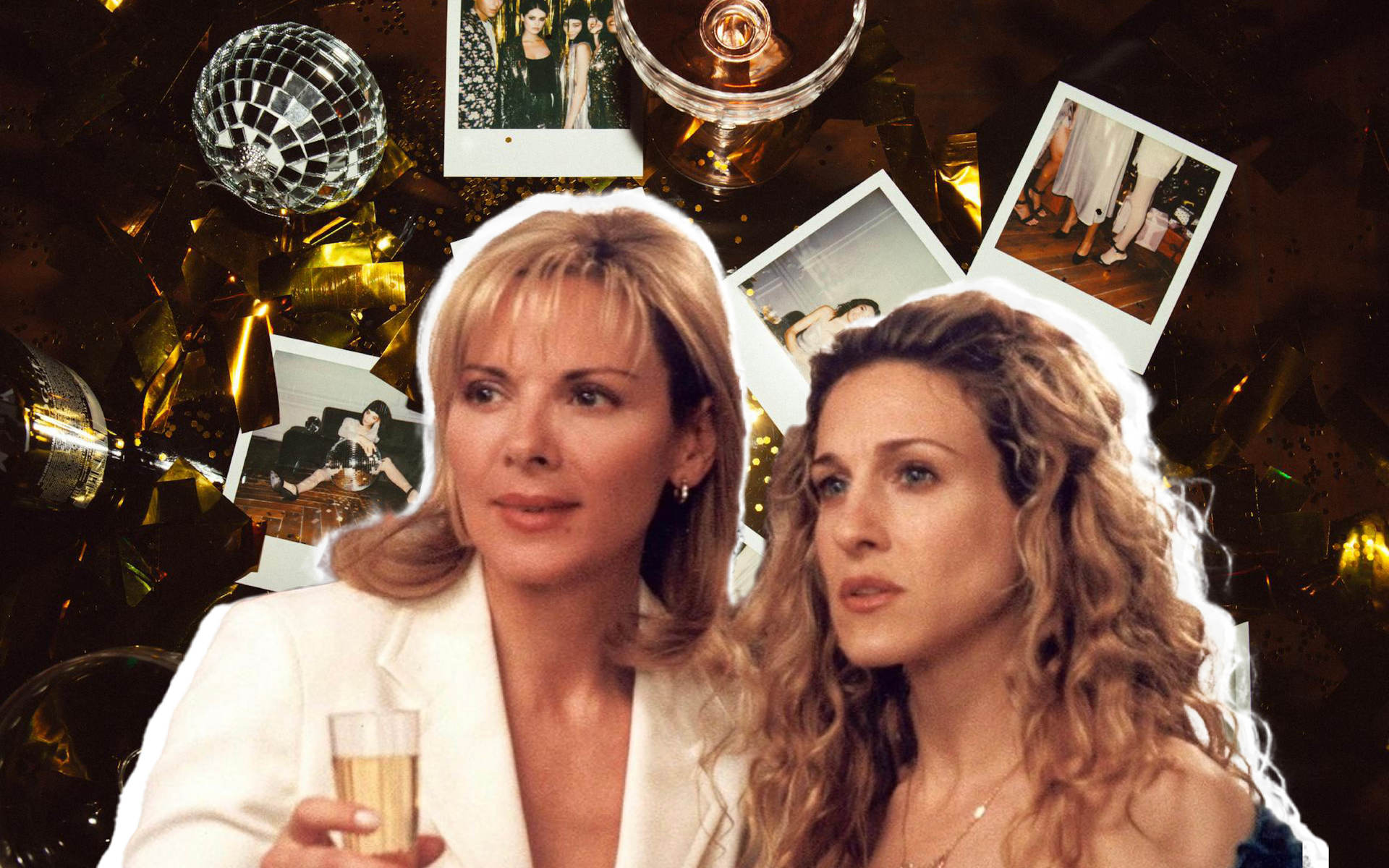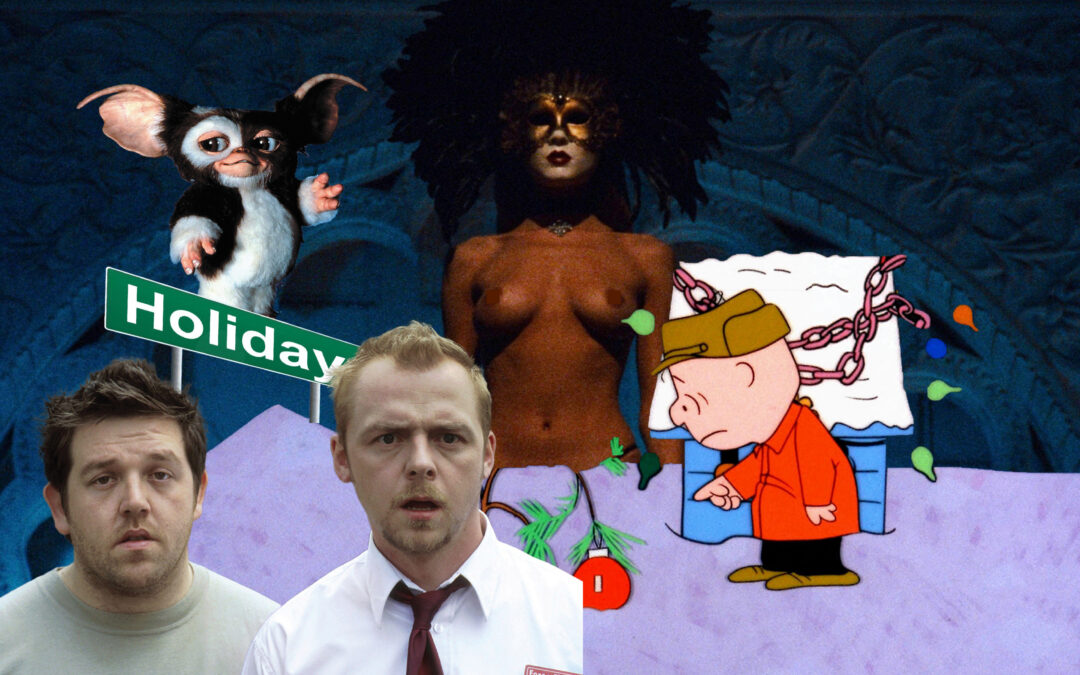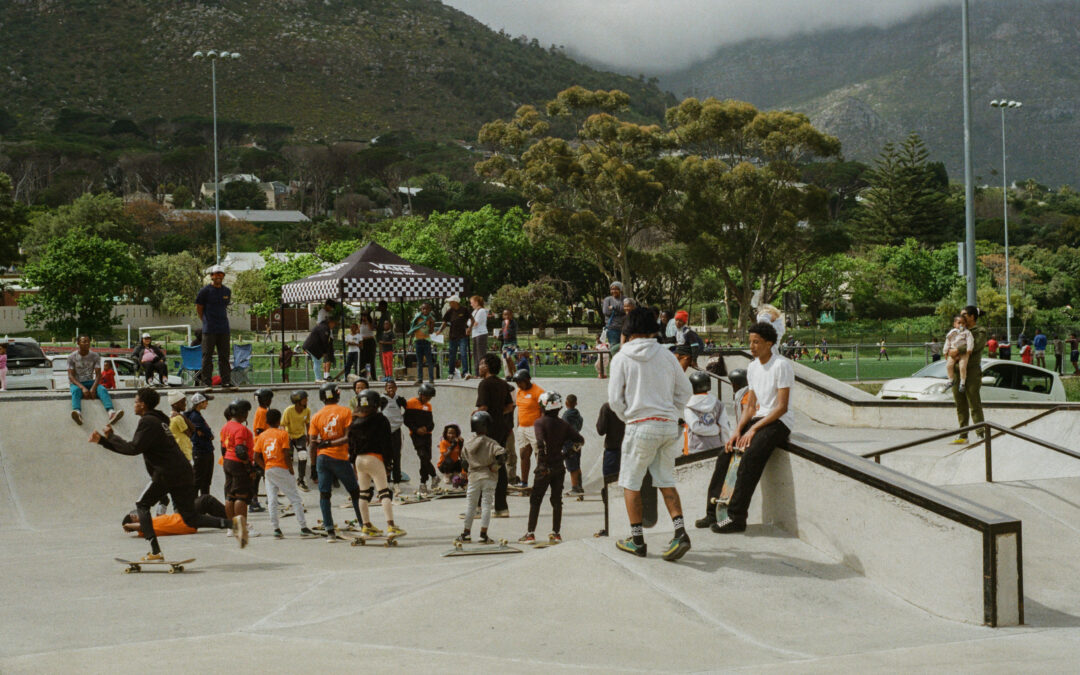In a social context where we, as zillennials/millennials, grew up right along the sitcom boom, where a ragtag group of friends navigated life and love and far too seldomly, finances (with some poorly aged anecdotes and jokes) we can be forgiven for having a bit of a warped idea of what adult friendships would look like. Unsurprisingly, we bought into the idea that shows like ‘Friends’, ‘How I Met Your Mother’, ‘Will and Grace’ and even ‘Sex and the City’ represented what our lives could look like as adults. It would be filled with witty banter, endless inside jokes, and saucy gossip (thanks to your group chats, Samantha), but most importantly, it would be incredibly intertwined. This chosen group of friends would all be your ride or die, ready at a whim to bang out a brunch and chat about their job, relationship, personal crisis’ etc. Unfortunately, reality has, for the most part, had other ideas.
As I get older, I start to realise that the most egregious lie Hollywood sells us apart from the false idols of celebrity culture is, in fact, just how badly (for the most part) they portray not only romantic love but also, friendships. In this hyper-idealised version of reality, people become friends seemingly instantly and friendships seem to grow and blossom endlessly. Apart from examples such as 2022’s ‘The Banshees of Inisherin’, which uses the loss of friendship as an allegory to explore a whole different theme, there are very few bits of media that explore reality… that often, and for a multitude of reasons, people just grow apart.
Now, it isn’t all doom and gloom. We don’t just wake up one day alone and utterly devoid of all human contact and connections. I’d hazard a guess that you would actually have to try pretty hard to achieve that level of recluse solitude. That being said, friendships are, at the end of the day, interpersonal relationships; like all interpersonal relationships, they take some level of work to maintain and nurture. Far too often have I heard people complain about how unavailable someone is just to find out they have not even attempted to reach out to the other party.
This brings me to one of the most important aspects of friendship that we may all, at some point, lose track of; Given the fact that friendship is inherently made up of multiple people, it would stand to reason that a healthy and functioning friendship would have both parties or multiple parties (in the case of a group), invest a similar amount of time and effort into maintaining and growing the relationship. Note that I said similar, not “the same amount”, as within the realities of life as adults, the amount of time and capacity we have as individuals to cultivate our increasingly complex social circles will differ drastically IE: an ebb and flow of pulling back and taking stock of oneself and engaging socially on a more regular basis.

Photography by cottonbro studio

Here’s an excellent little prompt for you to take stock of. How many friends would you say you have? How many new friends have you made? How many of them are really close friends? How many friends have drifted into becoming acquaintances or even drifted out of your life entirely since your late teens and early 20s? As the literature shows, my own internal dive into these questions is nothing out of the ordinary. In most (not all) circumstances, we lose more friendships than we gain, particularly as we get older.
As Dr Maitri Chand, a family and marriage therapist, explains, “Paucity of time is one of the main reasons why it is difficult to make friends as an adult. As we grow older, our lives become more and more busy. We have more commitments, work, family, and children, making it really difficult for us to make time to give to a new friendship, invest ourselves, get to know a person, and more importantly, allow them to know us. All of this, along with our inability to be vulnerable and trusting a new person in our lives.” It is here that we depart drastically, from the fictitious portrayals of friendship we eat up. Our lives are infinitely more complex than the often two-dimensional characters on screen. Life happens and that often means simply not having time, energy or money to be available to everyone all the time.
Although she focuses predominantly on the difficulty of making new friends as we get older, the same applies to maintaining existing friendships within a transitional period in our lives. Simply put, we have less and less time and more responsibilities that take precedence over mustering up the energy to have a 40-minute catchup call. Now, we send a silly little meme which incites a short dialogue before continuing with the 9 million daily tasks that consume our days. We don’t congregate at the pub almost daily like we did in uni because bunking class due to a hangover didn’t mean we would lose our source of income. Drug-filled debauchery has made way for dinner parties where we mostly behave ourselves, dive bars have turned to wine bars, and 4am afters is mostly a thing of the past. Often, I am simply too exhausted and social-spent even to attempt the same level of socialising I did in the past.
For me, more responsibility and the geographical challenge of living in a different city than many of my mates means missing out on a lot. In this missing out and living past each other, I often find a particular kind of sadness. It’s that feeling you get when you know something is mostly over before it’s even reached that point. Ending friendships brings up a whole host of emotional responses. Feelings of guilt and sadness, grief and loss and sometimes frustrations and anger when it feels like the other party didn’t do their part. Rachel Bonifacio, a wellness and psychological counsellor, explains that many of us experience this grieving period in our mid to late 20s. “Most of our mid- to late 20s can make us encounter a sense of grief: “losing” friends to current life circumstances and because of new and varying beliefs and values. Why is he still the same as he was when we were 12? Or, She’s not perfect after all. The mid-20s is also an interesting time for all of us biologically, because our prefrontal cortex would finally be complete and we will start to learn to manage extreme hormonal emotions past the age of 25. That means we would have better access to free will — i.e. choosing how to respond to circumstances rather than reacting to them. By the end of this decade, we would’ve sobered up a bit from the cocktail of emotions and, hopefully, we have a few, stable friends who are good for us for the time being.”

Photography by Fanette Guilloud via Death to Stock

Photography by cottonbro studio
Another point to be clear on, though: it is not simply time constraints and responsibilities that lead to shifting dynamics within friendships. If we’re all honest, we simply aren’t the same people that we were 10 years ago. We evolve, grow, develop different interests, goals and desires and will naturally develop new relationships – often ones that are needed in order to expand and help cultivate these newfound aspects of ourselves. Sometimes, when we go through growth shifts and expand our conscientiousness, we realise we don’t have much in common with someone anymore; or that the only commonality was that there is history, and if you met that person today – 10 years later – you would likely not choose to have a new found friendship. We tend to spend more time with those who fit into our lifestyles and less with those who unintentionally challenge its fragile structure.
In Bonifacio’s above-mentioned quote, I think I find the most important aspect of friendship in your adulthood. Unlike when you’re younger and you have more time and energy to invest in friendships, as adults, it’s most certainly quality over quantity that matters. Now, this isn’t an excuse to just cut off half the people in your life. That’s still just you being a dick. Still, I think coming to understand that really nurturing a handful of meaningful relationships is far better than spreading yourself too thin and not being able to be emotionally and physically available to everyone. Dr Frederick Smith explains that four straightforward strategies help us as adults maintain friendships in the chaos of modern adulthood: “healthy boundaries, self-care, clear communication, and actively working to keep the relationship alive.”
As I transition into my 30s and to those already in their early to mid-30s, I think it’s essential for us to take note, not of those we have lost along the way but instead of those we still have the privilege to have around. That makes it clear what they need and expect, that accept us, warts and all, when we are both the best and the worst friend. That creates space for us to grow and thrive, to change and evolve, that helps us become the utterly best versions of ourselves. And to those we may have lost, those who have drifted into a different phase of their life, thank you for all the memories and I hope you look back on our times as fondly as we do.
Written by: Casey Delport
For more news, visit the Connect Everything Collective homepage www.ceconline.co.za














